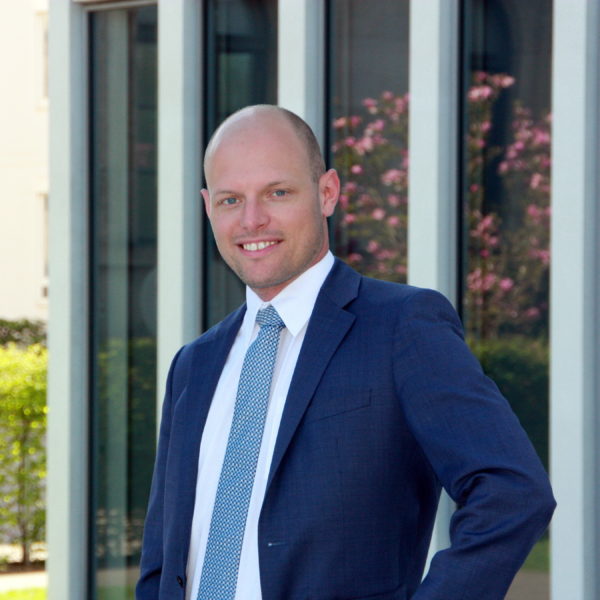Partner
Professional Career:
Martin Margreiter has finished his studies in civil engineering at the Technical University of Munich (TUM) in 2010. He was leading several research groups at TUM and is currently the head of the research group on Test Fields and Simulators at the Chair of Traffic Engineering and Control at the TUM supervising 20 full-time researchers. Since 2010, he is responsible for the project management of various large-scale research and industrial projects as well as for national and international project acquisition.
Since 2013, he is working as a freelance lecturer at the German Institute of Science and Technology in Singapore, as a lecturer at TUM since 2010, and in 2016 as a visiting researcher and guest lecturer at the Department of Civil and Environmental Engineering at California Polytechnic State University (CalPoly), San Luis Obispo, California, USA. He is also giving lectures at Tsinghua University in Beijing, PR China, KAIST and Ajou University in South Korea, and the TUM Institute for Live Long Learning in Munich since 2022. From 2018 to 2020 Martin Margreiter was the Managing Director of the Innovation Hub Central in the EIT Urban Mobility of the EU in Barcelona and Munich.
Martin Margreiter is the German delegate in the comittee Road Network Operations and ITS of the World Road Association PIARC, member of the European Car-2-Car Communication Consortium (C2C-CC) and member of several supervisory boards of the Federal German Highway Research Institute (BASt) as well as of working groups of the German Research Association for Road Traffic (FGSV).
Since the beginning of 2016 he works as a freelance engineer.
He is member of several boards of companies and initiatives.
He is a founding partner of MobilityPartners.
Focus Areas:
- Connected mobility and cooperative systems.
- Digitalization and new technologies in traffic.
- Advanced driver assistance systems and automated driving.
- V2X-communication and its effects on drivers and traffic.
- Traffic data collection and Big Data in transportation.
- Traffic state and incident detection.
- Traffic control and traffic management.
- Simulations, simulators and test fields.
- martin@mobility-partners.com
- +49.170.6743039

